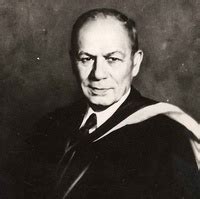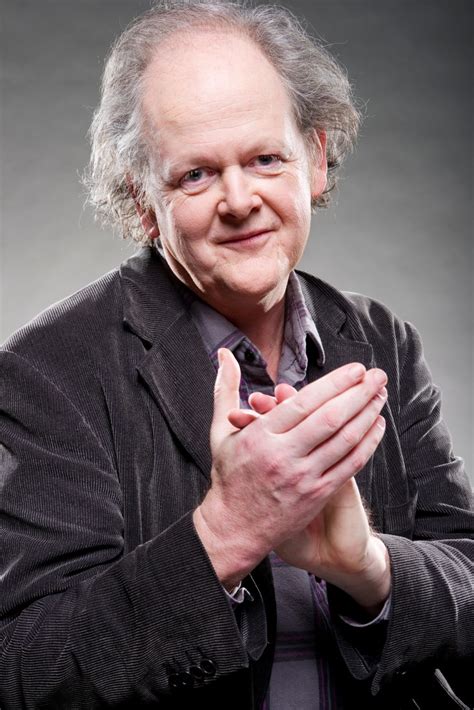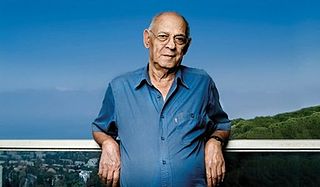A Quote by Philip Khuri Hitti
The real contribution of Rihani consists in having given us, in both Arabic and English, what may be considered the most vivid and interesting account of common-day life as it is lived at present in the hitherto little known Arabia.
Related Quotes
There are degrees of loneliness, ways in which the experience of loneliness deepens, becomes something like what we might call a way of life. This way of life is both what is most damaging to us as a culture, and, paradoxically, contributes to its richness. It may in the end be our lasting contribution to the life of our planet.
We scornfully decline, because of one whom we love and who will some day be of so little account, to see another who is of no account to-day, with whom we shall be in love to-morrow, with whom we might, perhaps, had we consented to see her now, have fallen in love a little earlier and who would thus have put a term to our present sufferings, bringing others, it is true, in their place.
I have never known what is Arabic or English, or which one was really mine beyond any doubt. What I do know, however, is that the two have always been together in my life, one resonating in the other, sometimes ironically, sometimes nostalgically, most often each correcting, and commenting on, the other. Each can seem like my absolutely first language, but neither is.
Happiness consists not of having, but of being; not of possessing, but of enjoying. It is a warm glow of the heart at peace with itself. A martyr at the stake may have happiness that a king on his throne might envy. Man is the creator of his own happiness. It is the aroma of life, lived in harmony with high ideals. For what a man has he may be dependent upon others; what he is rests with him alone.



































